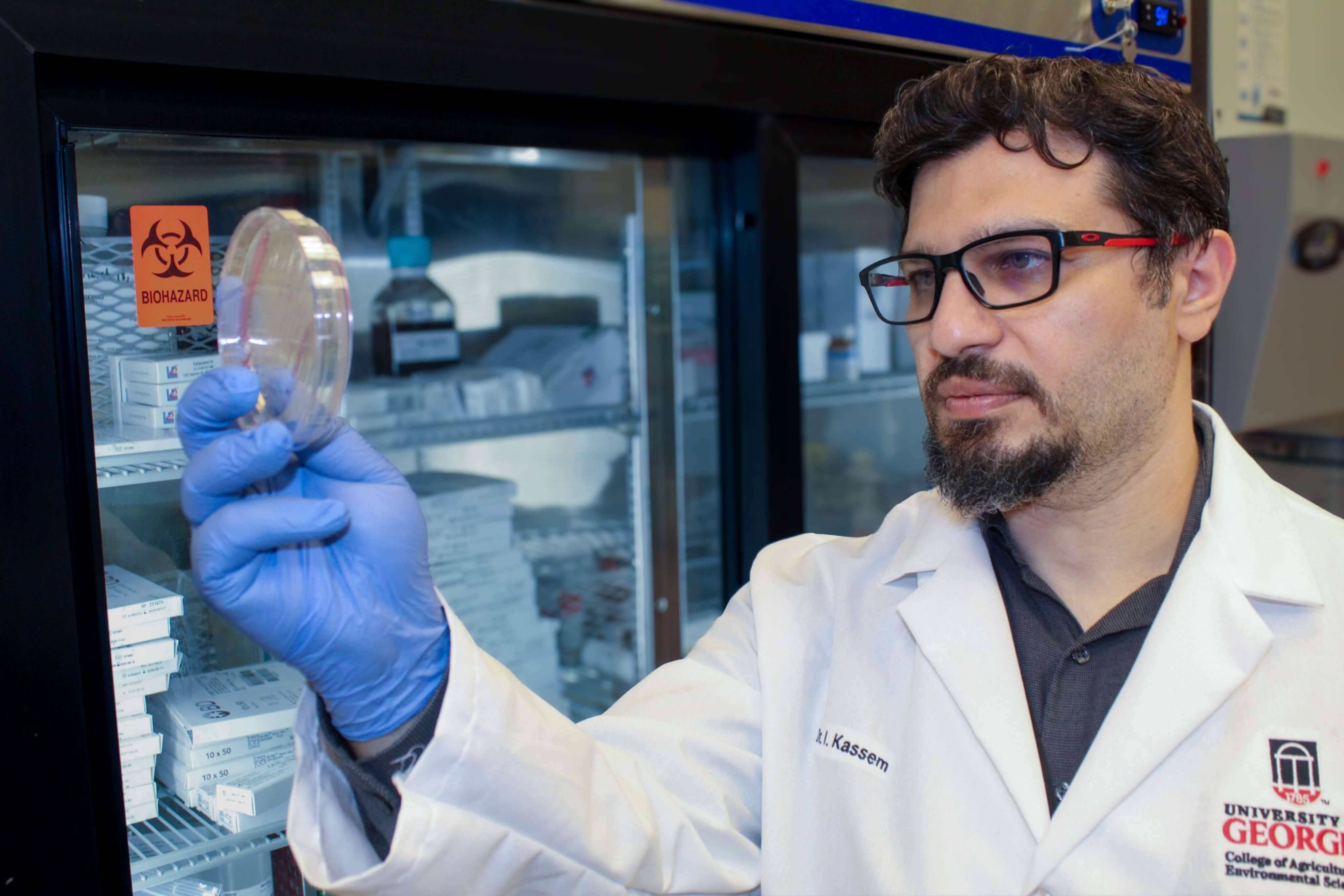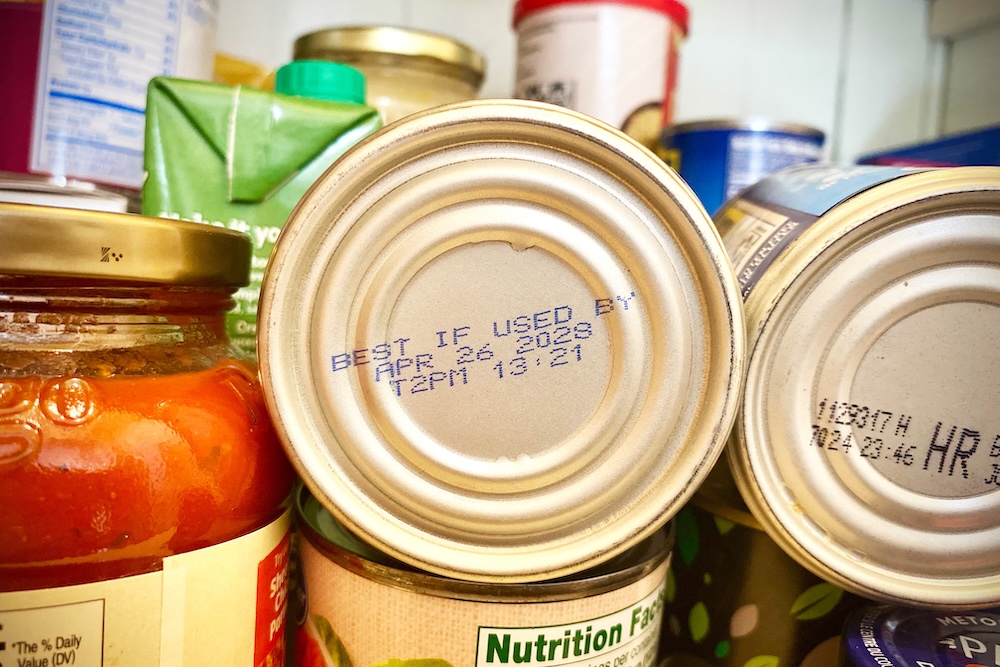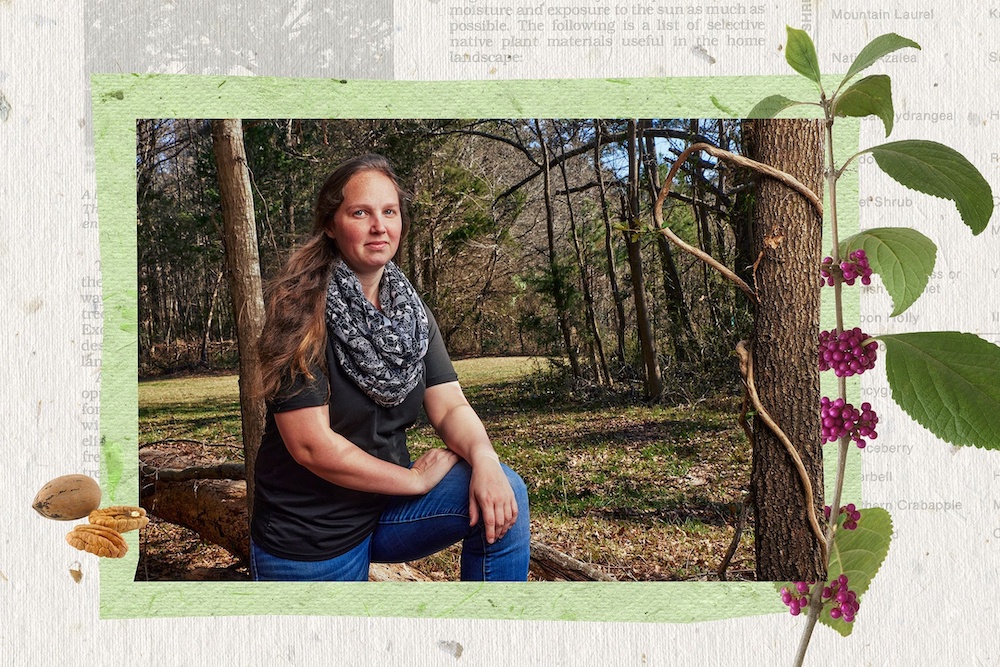University of Georgia Cooperative Extension is ensuring that food safety is a priority for Georgia’s food industry. Through the ServSafe® program, UGA Extension Family and Consumer Sciences (FACS) agents, like Roxie Price in Tifton, Georgia, are leading training sessions for local restaurant managers and employees on how to properly and safely handle food.
“As far as food safety within the facility, information from ServSafe is a huge asset for (restaurants) because it helps (employees) learn how to prevent foodborne illnesses,” Price said.
Price teaches two-day training sessions four times a year to those looking to learn more about food safety and become ServSafe certified.
“Anybody can get certified,” Price said. “It doesn’t have to be a restaurant manager. It can be someone coming out of high school who wants to have this on their resume to show that they’ve learned this information. Just because it is a manager certification, you don’t have to be a manager (to take the training).”
The training course teaches everything about how to handle food safely from the moment the truck arrives to deliver the food to the delivery of the food to the customer.
ServSafe is a National Restaurant Association certification that provides food safety training to restaurant managers and employees. The certification is good for five years. Approximately two dozen UGA Extension agents in south Georgia are qualified to teach ServSafe classes. More than 800 restaurant managers and employees are certified in Georgia each year.
Proper knowledge of food safety can make the difference between a restaurant’s passing food score and a failing food score. ServSafe aims to provide restaurant managers nationwide the information they need to get a perfect score from their local health departments.
There must be at least one person certified in food safety information in every inspected restaurant, according to Price. ServSafe helps restaurants meet that qualification.
Elizabeth Andress, UGA Extension food safety specialist, oversees UGA Extension’s ServSafe instructor training in Georgia.
“Food safety is the No. 1 priority among many consumers, and it is also a prime concern within the food service industry itself; it is taken very seriously,” Andress said.
Andress trains and certifies UGA Extension agents who want to teach the ServSafe course and then holds an annual food safety update for them. She occasionally teaches courses directly to those in the food and restaurant industry and also teaches a class for college students every fall semester.
In order for UGA Extension agents to qualify to teach ServSafe classes, they must hold a valid ServSafe manager certification. They also have to pass an advanced test and become a certified instructor. To be able to give the exams, they also must become a registered proctor with the National Restaurant Association.
“I encourage our agents to obtain both the ‘certified instructor’ and the ‘registered proctor’ statuses, so they can both teach and administer exams,” Andress said. “All of our agents who are currently doing this do hold both certifications.”
Heidi Flowers, Ware County FACS agent, has been certified to teach the class for seven years. She teaches ServSafe courses once every other month and sometimes more often. Flowers also plays a leadership role in UGA Extension’s Southeast District. She coordinates ServSafe training throughout the district, making sure people know where the trainings are held, and she assists agents who are leading a class for the first time.
“If people don’t take the time to be safe when they’re handling food and even not handling food — such as staying home when they’re sick, making sure they’re not making cross-contact and making sure they use the right suppliers — they take the chance of possibly getting someone very sick,” Flowers said.
“Based on the number of people who get sick every year, (food safety is) a pretty critical need,” said Denise Everson, Northeast District program development coordinator. “Every year about 48 million people have some sort of foodborne illness. Outbreaks involving restaurants have the potential to affect large numbers of people, so to reduce that risk is an important step toward preventing those illnesses.”
All nine Northeast District FACS agents, including Denise Everson, Northeast District program development coordinator, are trained to provide food safety certification courses and offer classes about every other month.
“The quality of training that our agents give in ServSafe is very high,” said Andrea Scarrow, Southwest District program development coordinator. “Our programs are rated very highly by the participants, who appreciate that our agents are very knowledgeable and well-prepared when teaching this program.”
Scarrow is one of eight agents who are certified to teach ServSafe in her district. The Southwest District is also one of the few regions south of Atlanta that offers the class in both English and Spanish, according to Scarrow.
Scarrow says that most of the agents in her district educate roughly 70 managers a year. Classes are taught in English about three times per year to approximately 20 people each time.
“Since it’s a national certification, the program and certification is the same no matter where it’s taught,” Andress said. “So, if you’re certified here and move to another state, you would still hold valid certification if that state required it.”
Those interested in becoming ServSafe certified should check with their local UGA Extension office for upcoming course dates. The class is usually taught over two days and the entire course must be attended. Registrations are handled by the local coordinator and are collected ahead of time, so that coursebooks and exams can be ordered. If your local office does not have a class, available UGA Extension classes with contact information are listed online at extension.uga.edu/calendar.
(Tatyana Phelps is an intern on the UGA Tifton Campus.)






